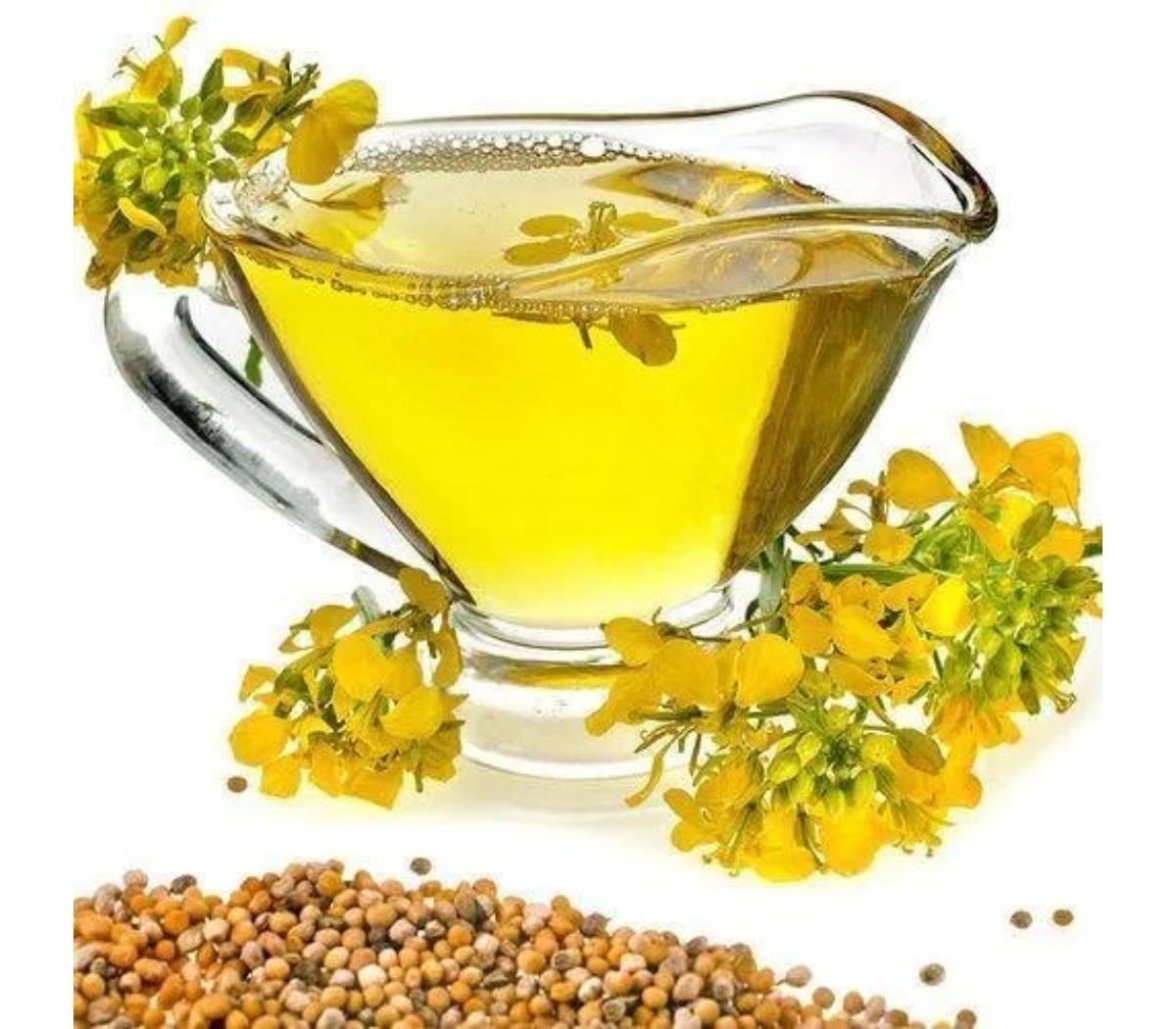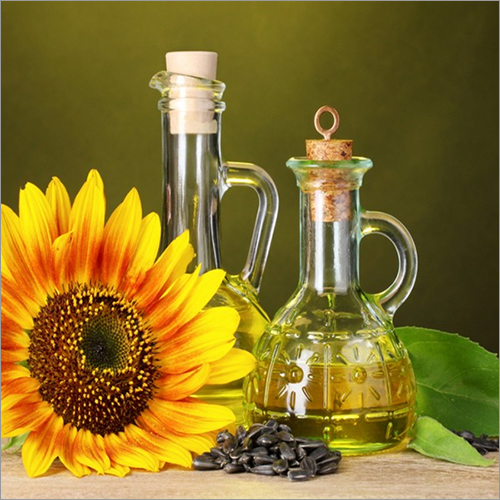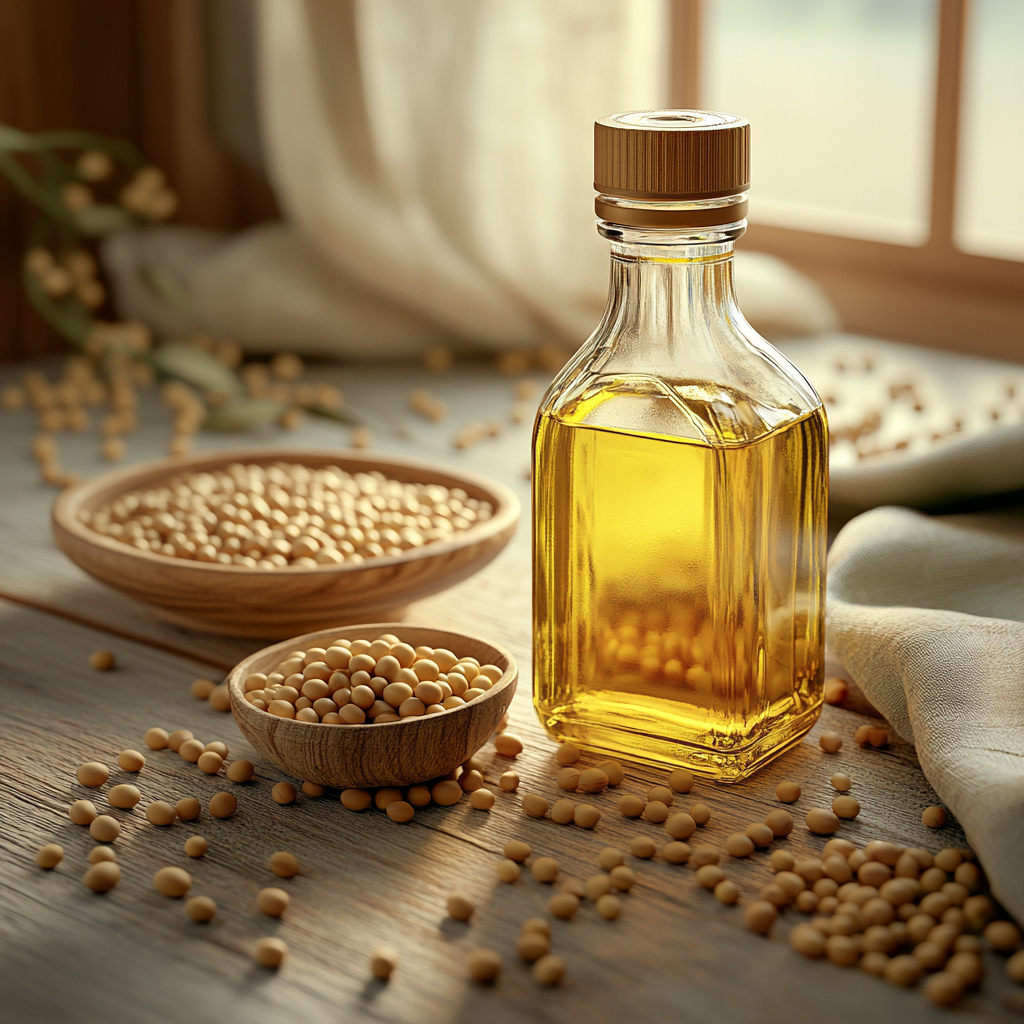
1. Rapeseed oil
Rapeseed oil is the main material for biodiesel production Crude rapeseed oil is a gum-free oil obtained by pressing and subsequent extraction with hexane.
Rapeseed oil has been refined (degumming/high degumming) to be free of free fatty acids and phosphorus by chemical or physical refining.
2. Sunflower oil
Sunflower oil is an edible oil pressed from sunflower seeds
Sunflower oil is an alternative feedstock for biodiesel production
Crude sunflower oil Degumming oil obtained from pressing and subsequent extraction with hexane.
Non-winterized sunflower oil Degumming - free of phosphorus and free fatty acids
Winterized sunflower oil Degumming, dewaxed sunflower oil using the winterization process.


3. Palm Oil
Palm oil is used in a wide range of products, from margarine and chocolate to ice cream, soaps, cosmetics, and fuel for cars and power plants.
Palm oil with their natural preservatives that helps in extending food shelf life is one of the main reasons you can find palm oil used in almost all types of food products found on supermarket shelves. Palm oil have no smell, their smooth and creamy texture and their ability to maintain their properties despite high temperature made it a perfect ingredient for both baking and cooking.
An edible vegetable oil that is extracted from the reddish pulp of the oil palms fruit, crude palm oil is mainly used as a cooking oil but is frequently blended with coconut oil to make highly saturated vegetable fat, which is also used for cooking purposes
4. Soybean oil
Soyabean oil is a refined oil, extracted from soybeans. Soybean oil is an important type of oil used for the production of salad oils, margarine, frying oils, as well as for the production of non-food products like soap, plastics, insecticides and paint. Soybean oil is worldwide the most consumed type of oil. Because of its low price, the demand is continuously high. Soybean oil is the right oil to cook fish and snack products in.

